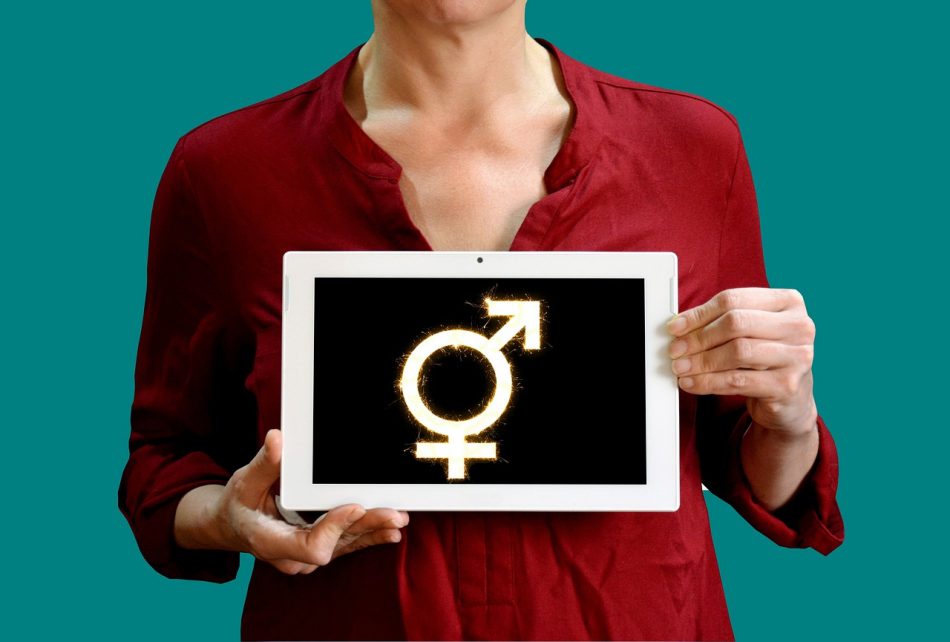The Spanish Parliament debates a bill today (Tuesday) within the so-called ‘Ley Trans’ for equal rights for LGBTIQ + people. The proposal allows for gender change at the registry office with only the declaration of the person in question.
Since the introduction of the Ley Trans in February 2021, the bill has already caused a lot of division within the Spanish government. Ley Trans provides equal rights for the LGBTIQ+ community. The proposal discussed in Parliament on Tuesday should provide the possibility to change the gender in the register of civil status with only a statement from the person himself.
Spanish government remains divided over Ley Trans
The Spanish news agency EFE wrote on Monday, the political parties ERC, JxCat, Más País, CUP, Compromís and Nueva Canaria support the bill. It is under consideration despite the government remaining divided on the issue.
The first vice-president, Carmen Calvo, objects to documenting gender change with just a single statement. Despite this objection, a start is being made on the bill today.
Controversy in Spain about equal rights LGBTIQ +
Part of the controversy over the Ley Trans stems from the debate over two major feminist concepts: sex versus gender. A sex is a biological condition that becomes apparent at birth through the genitalia and genetic differences.
Gender, on the other hand, is seen as something social and societal. In other words, the expectations, ideas and characteristics that society assigns to each gender. For example, there is a gender stereotype that women wear dresses and make-up and boys play with cars.
Many feminists see the advent of this law and “gender self-identity” as endangering women’s rights. However, the LGBTIQ+ community is demanding gender self-determination and reminding the government it promised an equal rights law for transsexuals.
Some European countrues have equal rights for transsexuals
At the moment there are a handful of European countries that provide for the right to self-determination on the basis of sex without the need for a gender reassignment: Denmark, Malta, Luxembourg, Belgium, Ireland, the Netherlands and Portugal.


